Diyarbakır marches for Kurdish on International Mother Tongue Day
Turkey’s pro-Kurdish Peoples' Equality and Democracy (DEM) Party organized a march in southeastern Diyarbakır for the International Mother Tongue Day declared by UNESCO. The marchers demanded official recognition of Kurdish and the removal of state-level pressure from the language.
Duvar English
Turkey’s pro-Kurdish Peoples' Equality and Democracy (DEM) Party organized a march in the southeastern Diyarbakır province on February 21, the International Mother Tongue Day. DEM Party’s mayoral co-candidates, Democratic Regions Party (DBP) representatives, and several non-governmental organizations joined the march.
Marchers played the Kurdish traditional erbanes, chanted, and held up banners that read, “Our language is our existence” and “No life without language.” Police followed the crowd until it reached the human rights monument in Koşuyolu Park.
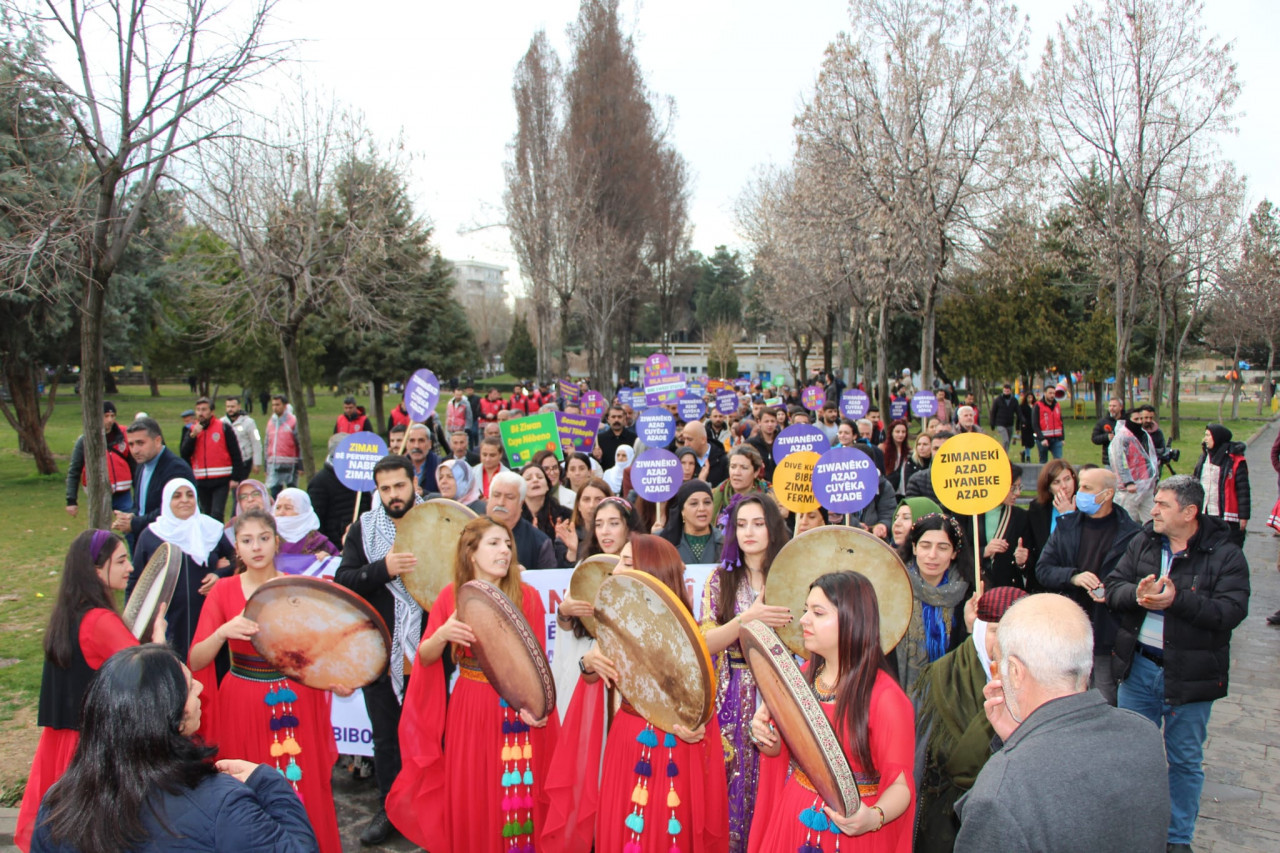
DEM Party’s Language and Culture Commission co-chair Cemile Turhallı and Mesopotamia Language and Culture Studies Foundation (MED-DER) chair Dilan Güvenç read the press statement after the march.
Güvenç emphasized that many languages and dialects faced extinction in Turkey such as Syriac, Lazuri, Bosnian, Homshetsi, Circassian, Western Armenian, and Romanian. “Millions’ mother tongue Kurdish is another language that faces extinction,” read Güvenç.
“Freedom of the Kurdish language is the freedom of Kurds and Kurdistan,” she added.
Güvenç said that Kurdish held all fundamental rights like English, German, French, Arabic, Farsi, or Turkish. “We, millions of Kurds, our movements, parties, and institutions, demand and fight for the language’s freedom,” said the spokesperson.
“It is time for Kurdish,” was the slogan the party proposed for a “sustainable, strong, creative, multifaceted, and tangible struggle.”
Güvenç listed the marchers’ demands. First was the international and official recognition of Kurdish. The second was for Turkey to offer education in the Kurdish language. “We need Kurdish language schools from kindergarten to university level,” she read.
The speaker requested Turkey to lift the limitations it has introduced to articles 17, 29, and 30 of the United Nations Convention on the Rights of the Child. The articles concern the language and cultural rights of minority and indigenous children.
Article 30 states that a child of a minority or indigenous group “shall not be denied the right, to enjoy his or her own culture, to profess and practice his or her own religion, or to use his or her own language.”
The marchers also demanded the establishment of an official Kurdish Language Institute. “Kurdish needs to have official opportunities such as budget and personnel allocation just as Turkish does,” read the statement.
The marchers also demanded that names of all villages, neighborhoods, streets, districts, and towns of Kurdish people have Kurdish names.
Kurds make up around a fifth of Turkey’s population, but few can speak their mother tongue due to a years-long systematic oppression of the language.
Turkey’s current constitution, ratified after the 1980 military coup, does not entirely prohibit the use of Kurdish, but successive governments have repeatedly cracked down on its use.
Kurdish language education throughout Turkey was hindered by the collapse of a peace process between the government and the Kurdistan Workers’ Party (PKK) in 2015, which led to an outbreak of violence and the closure of cultural institutions.
Kurdish names are also difficult to register on the official Turkish identification, as the letters X, Q, W, Î, Û, Ê in the Kurdish alphabet are forbidden in official use. Many Kurdish people in Turkey are given a second Turkish name in addition to Kurdish names.

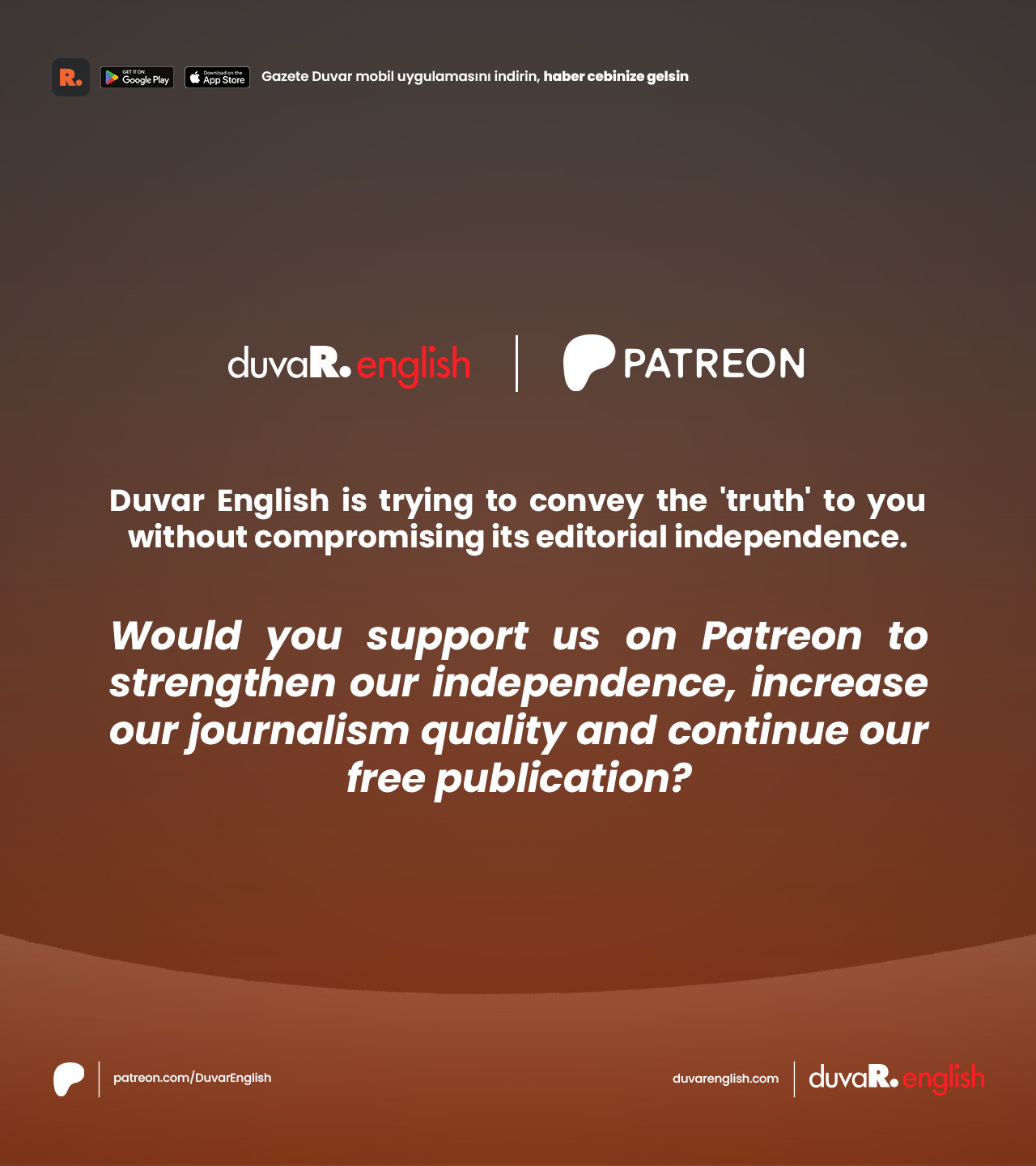
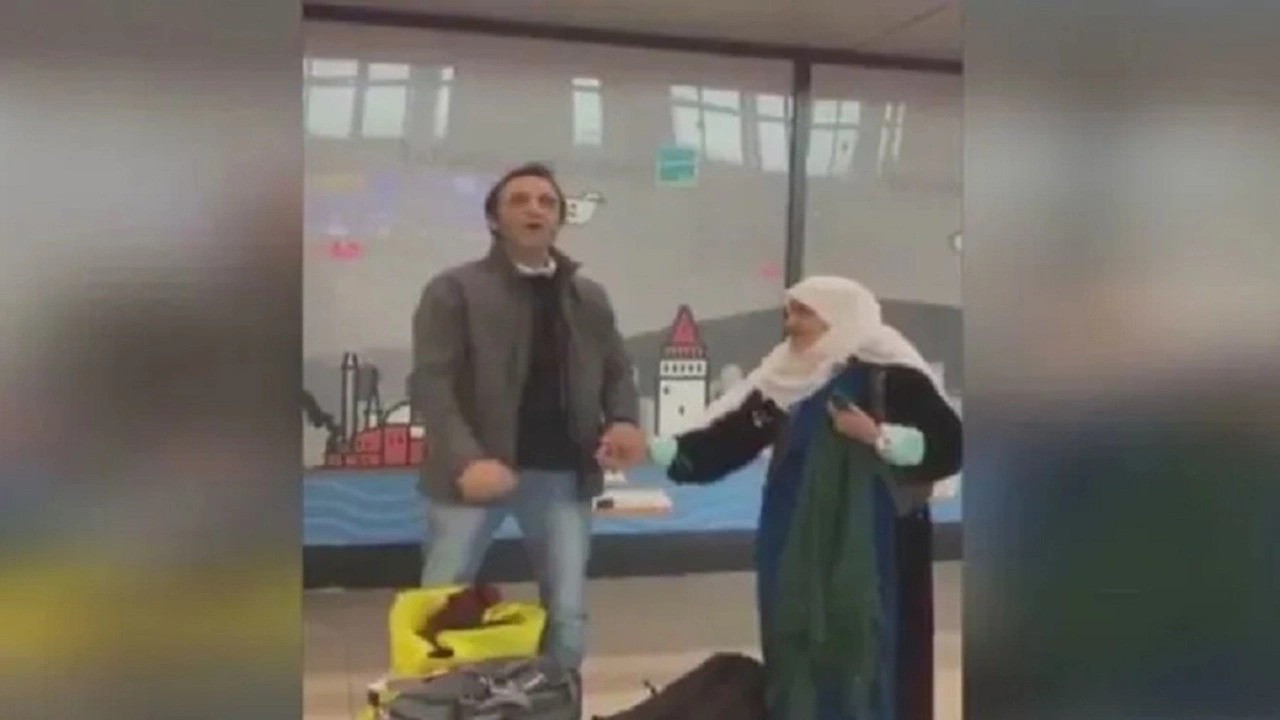 Turkish court questions then releases man criticizing lack of Kurdish service in airportHuman Rights
Turkish court questions then releases man criticizing lack of Kurdish service in airportHuman Rights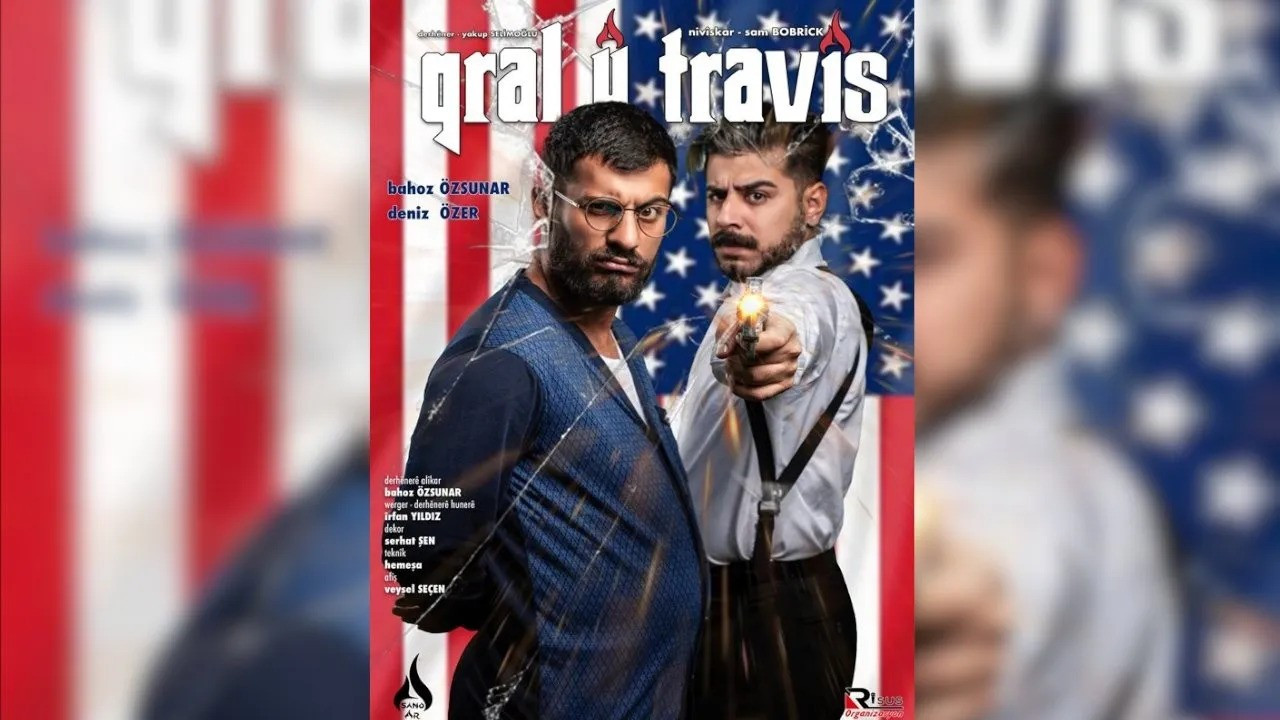 Turkish district governor finds Kurdish play ‘inappropriate,’ cancels performanceCulture
Turkish district governor finds Kurdish play ‘inappropriate,’ cancels performanceCulture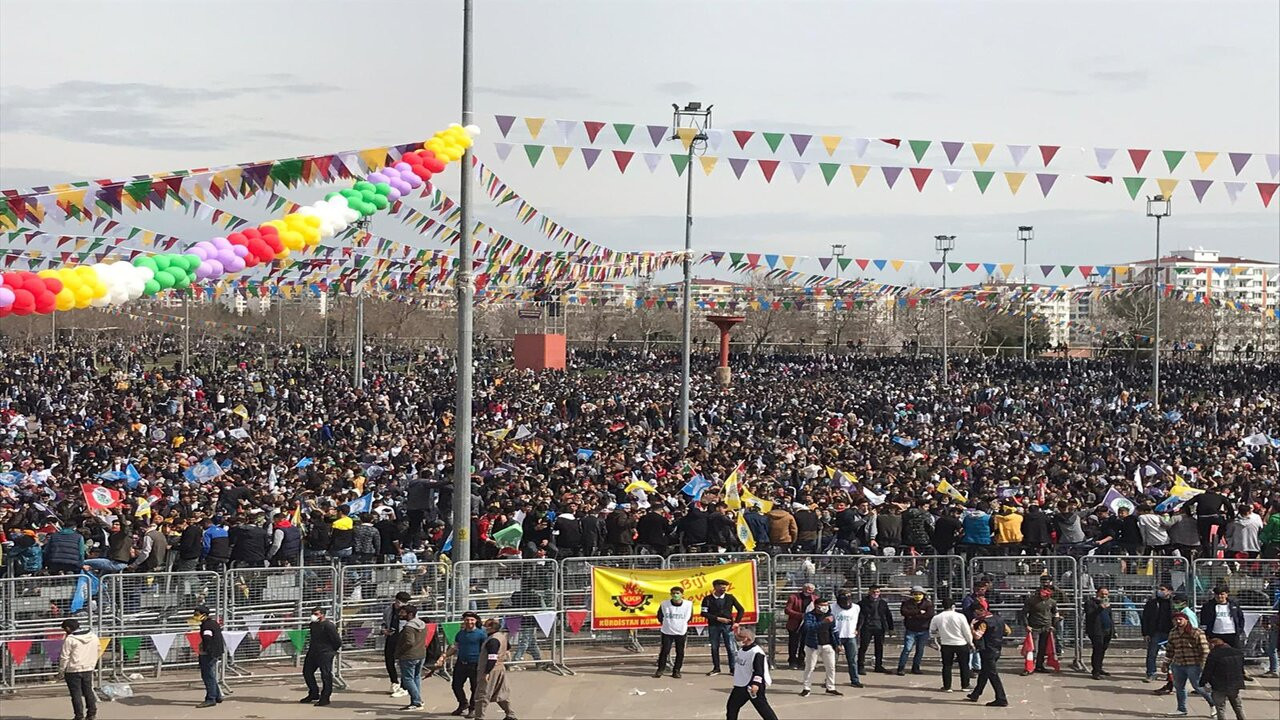 Majority of Kurds discriminated against because of their identity in Turkey: ResearchHuman Rights
Majority of Kurds discriminated against because of their identity in Turkey: ResearchHuman Rights